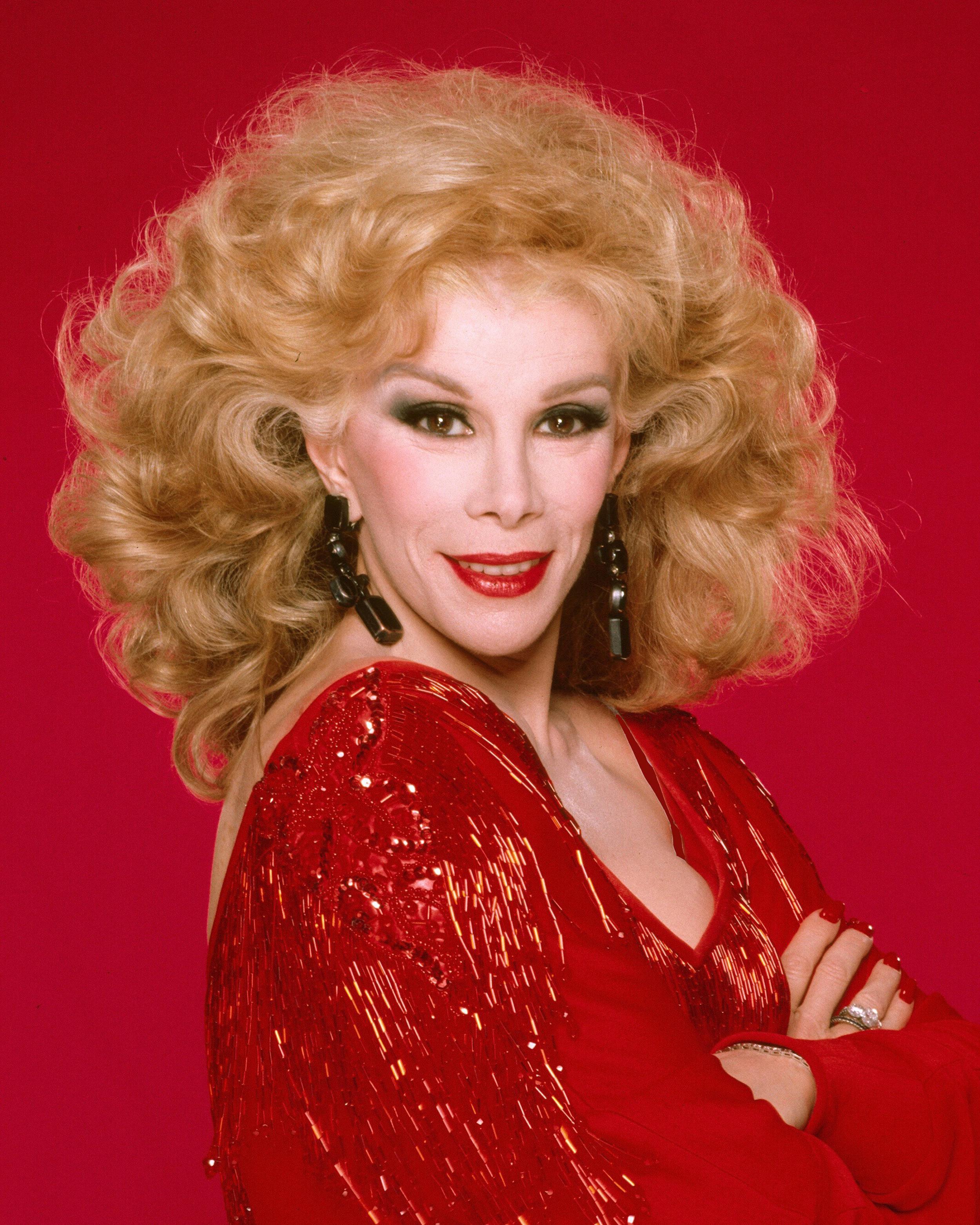Emily Nussbaum, the New Yorker TV critic, is as good as it gets, a dynamite writer and thinker. The latest example is “Last Girl in Larchmont,” a postmortem of Joan Rivers and her singular (and sometimes disquieting) brand of feminism. It’s a perfect bookend to Jay Ruttenberg’s 2007 late-life Heeb portrait of the comic as she was climbing to the top one last time, hoping for a final hurrah which indeed arrived. From Nussbaum’s piece:
Onstage and on TV, she had a girl-next-door cuteness, a daffiness and a vulnerability, that lent a sting to her observations: if this nice Barnard coed, in her black dress and pearls, saw herself as a hideous loser, clearly the game was rigged.
As the rare female New Comedian, Rivers’s persona also hit a nerve, playing as it did off a contemporary slur, the Jewish American Princess. In 1959, Norman Mailer had published a notorious short story, “The Time of Her Time,” in which a bullfighter gives a Jewish college girl her first orgasm by means of sodomy and the phrase “dirty little Jew”; the same year, Philip Roth published “Goodbye, Columbus,” with its iconic Princess, Brenda Patimkin. In 1971, Julie Baumgold wrote a cover story for New York, at once disdainful and sympathetic, called “The Persistence of the Jewish American Princess,” portraying the type as a spoiled girl who wouldn’t cook or clean. Obsessively groomed, the JAP has been crippled by her mother, who refuses to let her daughter call herself ugly. She’s “the soul of daytime drama,” waiting for a rich man to save her: “Clops and blows come from Above, but still she expects. It isn’t mere hope; it is her due.”
Rivers took that sexist bogeywoman and made it her own, raging at society from inside the stereotype: she was the Princess who did nothing but call herself ugly. She vomited that news out, mockingly, yearningly, with a shrug or with a finger pointed at the audience. “Arf, arf,” she’d bark, joking that a rapist had asked if they could just be friends. A woman I know used to sneak into the TV room, after her parents fell asleep, for the illicit thrill of seeing another woman call herself flat-chested. If Rivers’s act wasn’t explicitly feminist, it was radical in its own way: she was like a person trapped in a prison, shouting escape routes from her cell.•
Tags: Emily Nussbaum, Jay Ruttenberg, Joan Rivers

